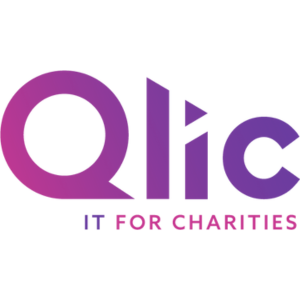Insights
INSIGHTS
All Topics
My Account
Celebrating Charity Excellence Framework online toolkit
03 Jun 2021by Charity Digital
The Charity Excellence Framework online toolkit has been going for three years. We look at how the toolkit provides a resource base to help charities stay strong and resilient
June 2021 marks the third anniversary of the free Charity Excellence Framework (CEF) online toolkit and its Funding Finder database. Charity Excellence are using the occasion to announce a strategic step change in the support it will provide to the UK charity sector.
The toolkit has proved immensely popular with charities – 16,300 have joined in the three years since launch and 1,100 joined in May 2021 alone, with 46% of people using the service rating it 10/10.
With no funding for paid marketing, the biggest source of new members is through word of mouth. Nearly half of website traffic is organic. The toolkit has also created big data for the sector and now holds 172,000 scored statements, covering every area of activity, which can be analysed in-depth using the interactive dashboard.
Building on success
The next stage in its development will see ownership transferred from founder Ian McLintock to the sector. It will be managed by a new CEF CIO and partners who will oversee its use and further development. The CEF CIO and partners will also promote the toolkit and ensure it is made available to the whole sector.
The toolkit’s new group user functionality is now live. It has far more powerful functionality than even the existing master dashboard. This will give an estimated 50 to 100 large charities and groups of charities, grant makers, and lead organisations their own CEF.
There are many benefits. They will have access to their own master dashboard, for example. They will be able to create specialist assessment statements. And they will be able to upload resources and have their own quality mark.
This will give access to sector data and analytics to those best able to exploit these and enable them to use limited resources to maximum effect. They will be able to measure impact over time, inform policy and decision-making, demonstrate excellence to stakeholders, use unique data for research, and influence the government.
There’s also a new research user for the whole sector. It’ll be even easier to use, with far more capability, including a much-improved user interface and real-time benchmarking for the 21 key metrics on its dashboard. Web-based and fully scalable at minimal cost, it will remain extremely low-cost to run on an ongoing basis. However, the estimated £30k to £50k funding to implement the upgrade has not yet been secured, so this may be delayed until 2022.
The system’s development plan includes even more ambitious options, designed at the outset to minimise the work and cost that would be involved. The first is digital shareholders, which would give stakeholders a real voice in their charity to support trustees and increase accountability to help put a stop to the abuse and discrimination.
The second is online training and fit-to-practice accreditation, which will ensure that only those with the right skills and personal qualities lead charities.
That’s hugely ambitious, but work to date has been carried out and funded by the founder personally. With investment and sector support, just maybe in its next three years it will help to deliver a solution to the enormous challenges the sector faces?
03 Jan 2025by Ioan Marc Jones
Climate change facts you need to know in 2025
03 Jan 2025by Ioan Marc Jones
An A-Z glossary of climate change terms and definitions
Our Events
Charity Digital Academy
Our courses aim, in just three hours, to enhance soft skills and hard skills, boost your knowledge of finance and artificial intelligence, and supercharge your digital capabilities. Check out some of the incredible options by clicking here.














